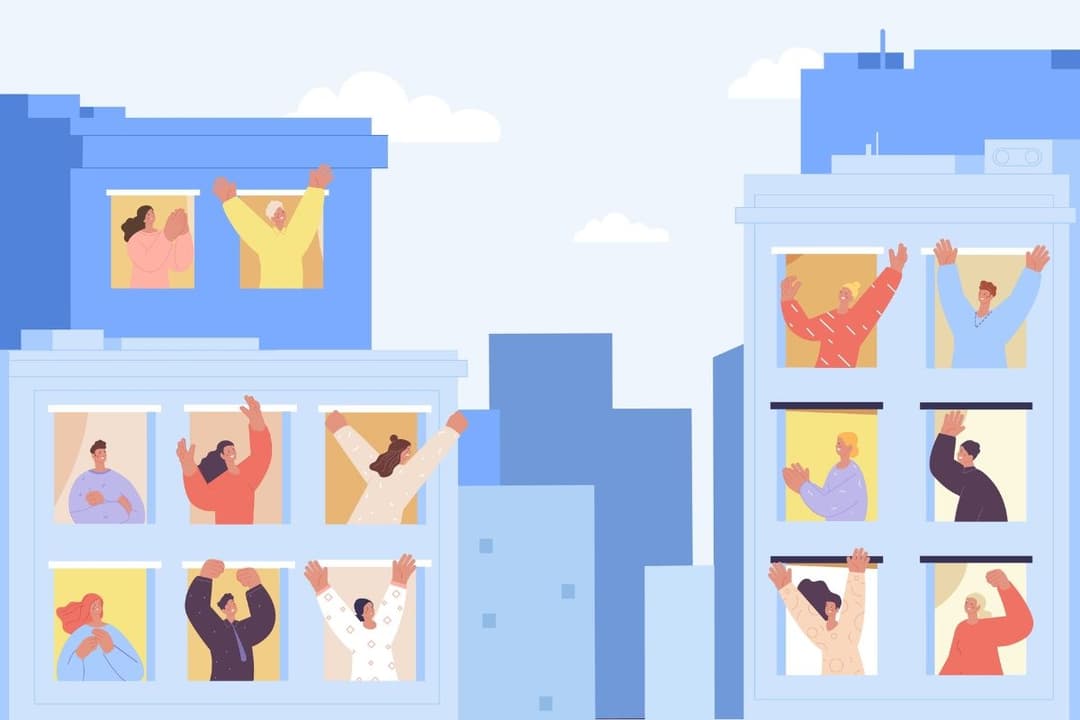
How I Earned $40,800 in Two Years Without Lifting a Finger
Despite the fact that I have the best roommates in the world, I’ll occasionally remark, “I’m tired of having roommates.”
And Will replies: “Are you $1,700 per month tired of it?”
I don’t need to respond. The answer is obvious. The minor inconveniences — sharing a refrigerator, waiting to use the washing machine — pale in comparison to the additional $20,400 per year that our roommates contribute to our mortgage. It’s a total no-brainer.
In the past two years of living with roommates, we’ve collected $40,800 — enough money to buy a rental house that provides a stream of income for the rest of our lives. (More on that below).
But before I get there, I want to clarify that this isn’t a post about living with roommates. It’s a post about an ever-important concept called opportunity cost, critical to anyone who wants to supercharge their wealth.
Yes, we could move into a one-bedroom apartment, and perhaps someday we might. But as long as we live in our three-bedroom unit, we face a trade-off: Will and I could either live solo, like a “normal” couple, OR we could accumulate an extra $20,400 per year without needing to lift a finger. (And as someone who types on a laptop for a living, I mean “lift a finger” literally. I get paid to lift my fingers.)
Normalcy carries a massive opportunity cost.
Normal Sucks
When we were in our early 20’s and fresh out of college, living with roommates was “normal.” But we’ve gotten older. Times have changed. Will is almost 35, and I’m within spitting distance of my 31st birthday. We’re long past that collegiate stage of life, and over the years we’ve watched our friends escalate their lifestyles. Our friends now maintain vacant rooms — “guest rooms” — in their homes. They’ve purchased furniture, financed cars, bought diamonds.
Meanwhile, Will and I are the freaks who still live like college kids.
I can’t decide whether it’s ironic or fitting that we’re also the most financially stable. Zero debt, except the mortgages. Owners of five houses, two of which are paid-in-cash, and three of which are rapidly getting paid-off. Maxed out 401k, IRA, HSA. Huge emergency fund.
That’s not a coincidence.

To illustrate the awesome power of understanding opportunity cost, let’s check out a super-simple real-life example.
Here we go:
Income: Our two roommates each pay $850 per month, for a total of $1,700 monthly. (They also cover half the utilities, but they use half, so we’ll call that even.) That means two years of living with roommates creates $40,800 in income.
Meanwhile …
Investment: A few weeks ago, we purchased a rental property for $46,000 in cash.
Coincidence? Maybe not. (Thanks for buying us a house, roommies!)
Let’s forget EVERYTHING else that Will and I do to amp-up our savings. Let’s forget that I launched my own business a few years back, growing it from $0 to six figures. Let’s forget that I drive a used Honda Civic, eschew cable TV, wear the same clothes again and again. Forget ALL of that. Look ONLY at the fact that we have roommates. Notice that this single decision alone brought forth enough income to buy a house in cash.
Wow!!
But wait — let’s take one more step (for the sake of over-doing it).
This rental house will command around $900 per month. Let’s say that half the rent will get gobbled up by operating expenses (taxes, insurance, vacancy, management, repairs, maintenance, bookkeeping, accounting). At this conservative estimate, this property will net $5,400 per year in passive cash flow.
